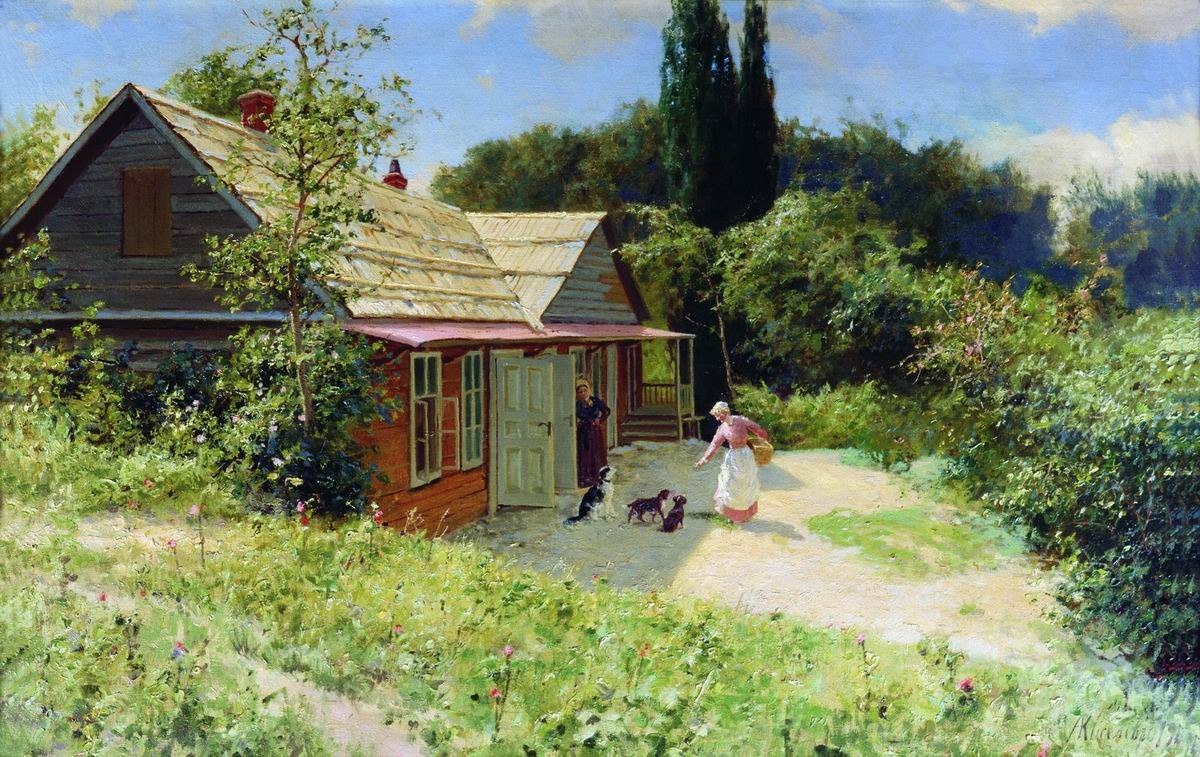
Summer residents may face criminal or administrative liability for growing drug-containing plants on their property, said senior partner of one of the law firms, Artem Gritsyuk, RBC reports on July 29.
The lawyer explained that the list of plants containing narcotic or psychotropic substances was approved by the Russian government in 2010. It includes: blue lotus, psilocybin or psilocin mushrooms, tricolor bellflower, mescaline cactus, coca bush, hemp, soporific poppy, mimosa hostilis, Hawaiian rose, witch sage and several other plants.
For the cultivation of such crops, administrative liability is provided for: a fine of up to 5 thousand rubles and administrative arrest for up to 15 days. When cultivating prohibited plants in large quantities, criminal liability arises under Article 231 of the Criminal Code of the Russian Federation: up to eight years in prison, he recalled.
“For example, when growing predictive salvia, ten plants will be considered large and 100 plants will be considered especially large. For hemp, 20 plants will be considered large and 330 plants will be especially large.”“Gritsyuk explained.
At the same time, in order to qualify a crime, direct intent must be proven, the lawyer noted. If the plant grew naturally on the site, this is not considered a violation.
Source: Rossa Primavera
I am Michael Melvin, an experienced news writer with a passion for uncovering stories and bringing them to the public. I have been working in the news industry for over five years now, and my work has been published on multiple websites. As an author at 24 News Reporters, I cover world section of current events stories that are both informative and captivating to read.
